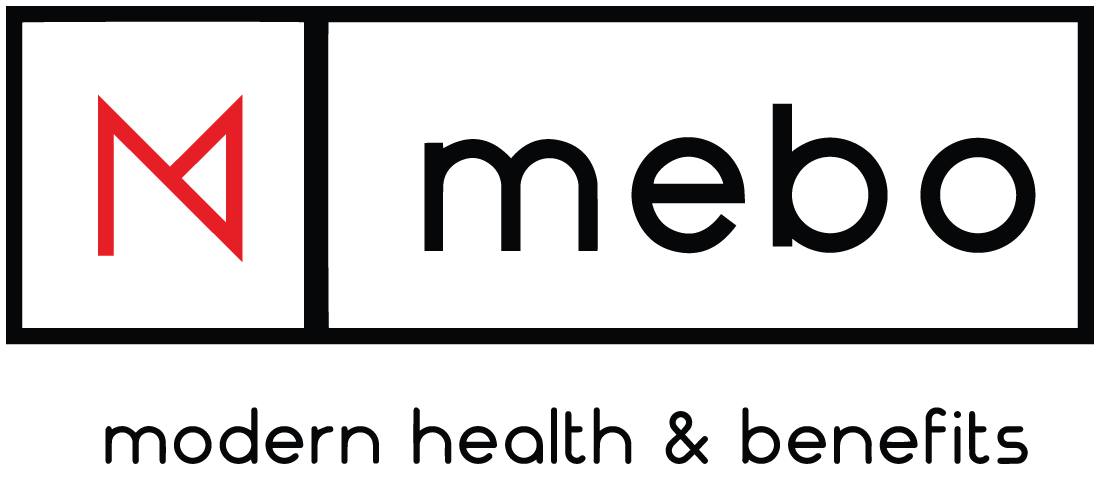Rewarding Employees – What Works and What Doesn’t
Most employers understand the benefit of rewarding employees. A well-planned, strategic employee reward system increases productivity, encourages teams to work harder, and may help employers attract and retain top talent. Unfortunately, 82% of employed Americans don’t feel that their supervisors provide adequate recognition for their efforts. This is bad news for employers, as employees that feel unappreciated are more likely to leave their current job.
Developing an Effective Employee Reward System
It’s not that hard to provide employees with proper recognition. However, employers need to take some time to learn what their staff actually wants. It’s also important to determine how, when, and what employees will receive. The right employee rewards system should compensate employees for both performance and behavior.
While it’s easy to recognize and address employee performance, deciding which behaviors to reward is a little more challenging. Employers should focus on rewarding behaviors or activities that benefit the company or its employees.
Although giving out generic rewards to every employee may seem like an easy-to-manage solution, this won’t motivate all employees. Each employee is unique. Employers that offer personalized rewards tend to see better results.
Types of Employee Rewards
When considering employee rewards, most employers think of financial compensation. Although it’s true that most employees appreciate this type of reward, it’s important to develop a reward system that addresses short-term as well as long-term company goals.
Providing regular feedback, even negative and neutral feedback helps employees better understand how they’re doing and where they need to improve. Feedback helps keep employees engaged and teams motivated. A simple acknowledgement or recognition of a job well done could go a long way towards improving employee satisfaction and retention.
Benefits are an important part of any strategic reward system. Many employers require employees to work a specific length of time and/or put in a certain amount of effort before they can access certain benefits. While this can have a positive impact on employee retention and performance, employers should take care when choosing the employee benefits they offer. Employers that do not offer comparable benefits to their competitors will probably find it difficult to attract good employees.
Experienced Employee Benefit Specialists
MEBO offers employee benefits packages, custom-tailored to the unique needs of organizations today. Our benefits specialists have years of experience working with employers from a wide range of industries. Our approach ensures employees receive the benefits they want, with the price and transparency employers need. Please contact us to schedule a consultation.



